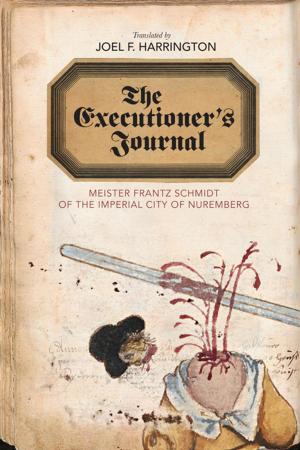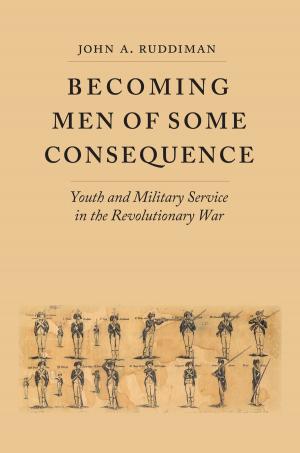Independence without Freedom
Iran's Foreign Policy
Nonfiction, Social & Cultural Studies, Political Science, Politics, History & Theory| Author: | R. K. Ramazani | ISBN: | 9780813934990 |
| Publisher: | University of Virginia Press | Publication: | November 29, 2013 |
| Imprint: | University of Virginia Press | Language: | English |
| Author: | R. K. Ramazani |
| ISBN: | 9780813934990 |
| Publisher: | University of Virginia Press |
| Publication: | November 29, 2013 |
| Imprint: | University of Virginia Press |
| Language: | English |
Ruhi Ramazani is widely considered the dean of Iranian foreign policy study, having spent the past sixty years studying and writing about the country's international relations. In Independence without Freedom, Ramazani draws together twenty of his most insightful and important articles and book chapters, with a new introduction and afterword, which taken together offer compelling evidence that the United States and Iran will not go to war.
The volume’s introduction outlines the origins of Ramazani’s early interest in Iran’s international role, which can be traced to the crushing effects of World War II on the country and Iran’s historic decision to free its oil industry from the British Empire. In the afterword, he discusses the reasons behind America’s poor understanding of Iranian foreign policy, articulates the fundamentals of his own approach to the study of Iran—including the nuclear dispute—and describes the major instruments behind Iran’s foreign efforts. Independence without Freedom will serve as a crucial resource for anyone interested in the factors and forces that drive Iranian behavior in world politics.
Ruhi Ramazani is widely considered the dean of Iranian foreign policy study, having spent the past sixty years studying and writing about the country's international relations. In Independence without Freedom, Ramazani draws together twenty of his most insightful and important articles and book chapters, with a new introduction and afterword, which taken together offer compelling evidence that the United States and Iran will not go to war.
The volume’s introduction outlines the origins of Ramazani’s early interest in Iran’s international role, which can be traced to the crushing effects of World War II on the country and Iran’s historic decision to free its oil industry from the British Empire. In the afterword, he discusses the reasons behind America’s poor understanding of Iranian foreign policy, articulates the fundamentals of his own approach to the study of Iran—including the nuclear dispute—and describes the major instruments behind Iran’s foreign efforts. Independence without Freedom will serve as a crucial resource for anyone interested in the factors and forces that drive Iranian behavior in world politics.















